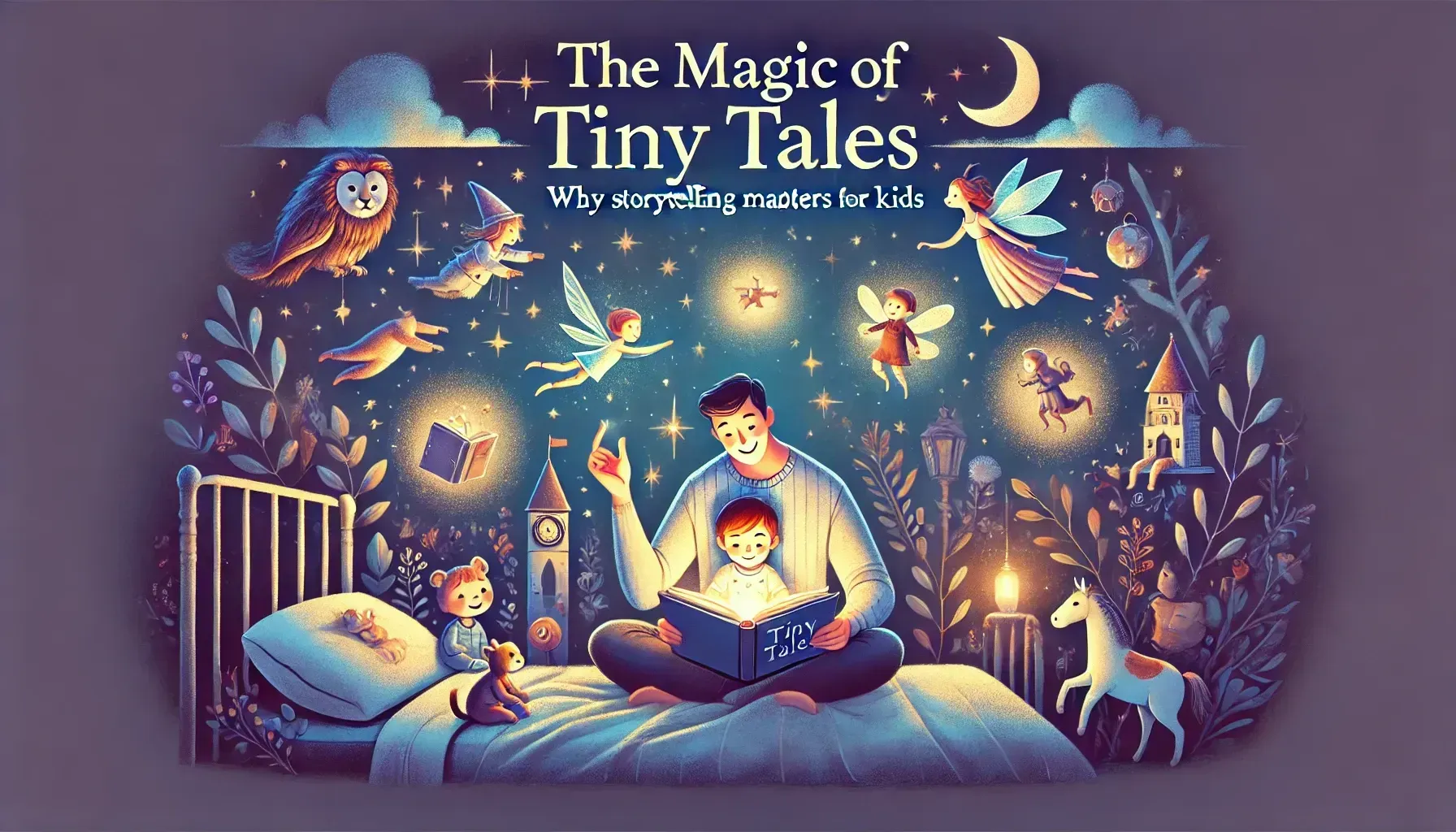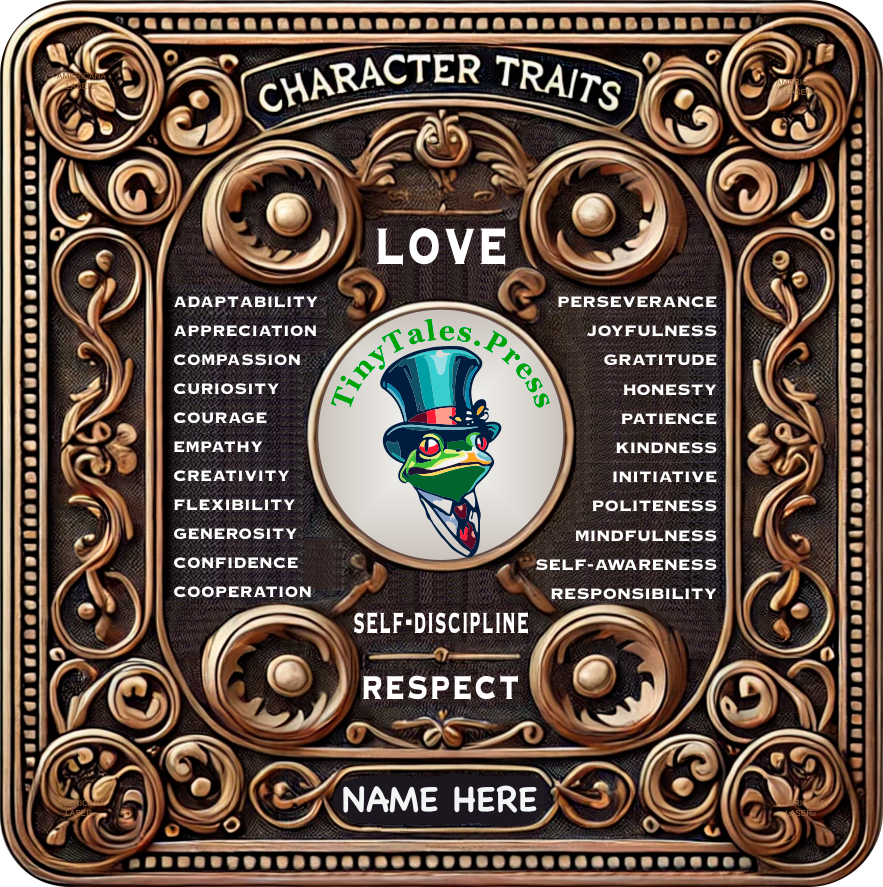Why HR And Character Matter More Than Ever
In most companies, Human Resources is seen as a necessary function—compliance, paperwork, hiring, and exit interviews. But the truth is, HR can and should be something much greater. When done right, HR isn’t just about policy. It’s about people. And the key to unlocking HR’s full potential lies in one word: character.
Character isn’t just something we teach kids. It’s a core asset in the workplace—one that shows up in how we communicate, how we lead, how we handle stress, and how we show up for one another. When HR embraces character as part of its mission, it becomes the culture keeper of the organization—not just the rule enforcer.
Every workplace is made up of individuals with strengths, struggles, and stories. Many employees walk into work wondering: Do I matter here? Am I just a number? Would anyone notice if I disappeared? This is where HR has a vital opportunity. HR should not just be where employees go when something is wrong—it should be a safe place where people can be real.
HR should be the one place inside a company where employees can talk openly—about what’s working, what’s not, what they need, and why they feel the way they do. But in too many workplaces, going to HR carries a stigma: She’s complaining, or he’s tattling. That mindset misses the point—and the potential.
Every concern voiced to HR is a gift. Every frustration, suggestion, or compliment is data. It’s insight. It’s an opportunity to build a better organization. When HR listens with empathy and responds with integrity, it earns trust—not just with individuals, but across the entire culture.
And when HR leads with respect, transparency, and kindness, it signals that who you are matters just as much as what you do. HR becomes not just a department, but a trusted relationship. That kind of character-driven HR shapes how employees engage with their jobs, their teams, and their leaders.
One of the biggest missed opportunities in business today is HR’s failure to advocate for the value of the employee—not just their output, but their whole self. Employees who feel seen, heard, and valued are more loyal, more innovative, and more willing to go above and beyond. That’s not a guess—it’s backed by data.
Gallup reports that companies with high employee engagement are 21% more profitable. Let that sink in. Most companies only clear 3% to 4% on the bottom line. If a character-driven HR department helps even double that, we’re no longer talking about a cost center—we’re talking about a profit engine.
So what’s HR’s real role? It’s the bridge between leadership and labor. HR should train managers not just to manage tasks, but to develop people. HR should push for policies that don’t just protect the company, but nurture its people. HR should recognize that burnout isn’t just a productivity issue—it’s a character crisis. It’s what happens when people feel expendable instead of essential.
I believe HR professionals are among the most powerful change agents in any organization—but only if they see themselves that way. They need a seat at the leadership table, not just to report on headcount, but to help shape a culture where integrity, responsibility, fairness, and respect aren’t buzzwords—they’re standards.
When that shift happens—when HR moves from being compliance-focused to character-driven—turnover drops, collaboration rises, and the bottom line grows. Not just in theory. In dollars.
HR is not just a place where people go. It’s not a place for policy. It’s a place for profit.








